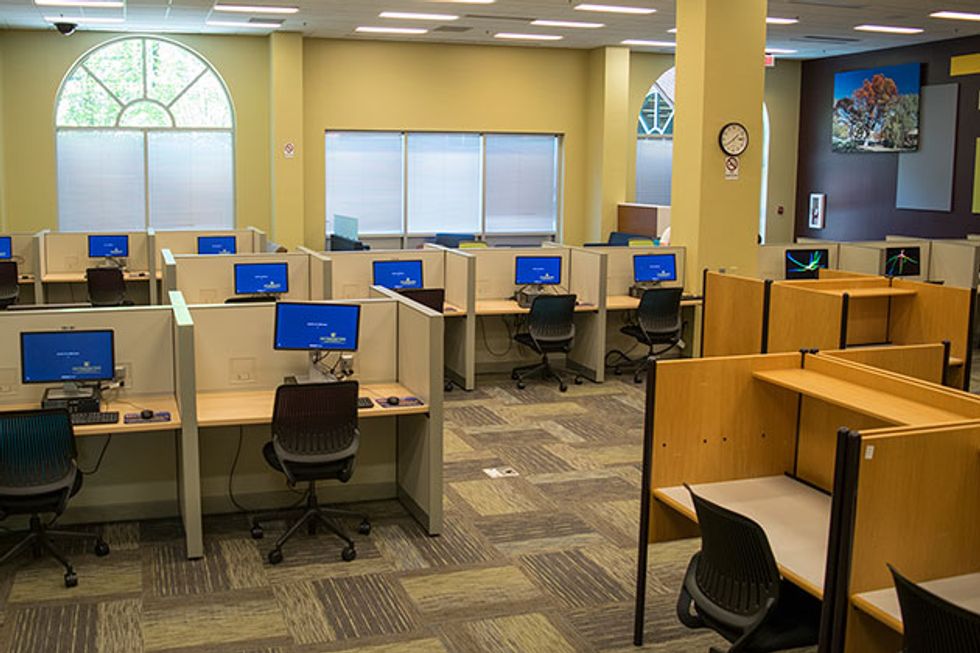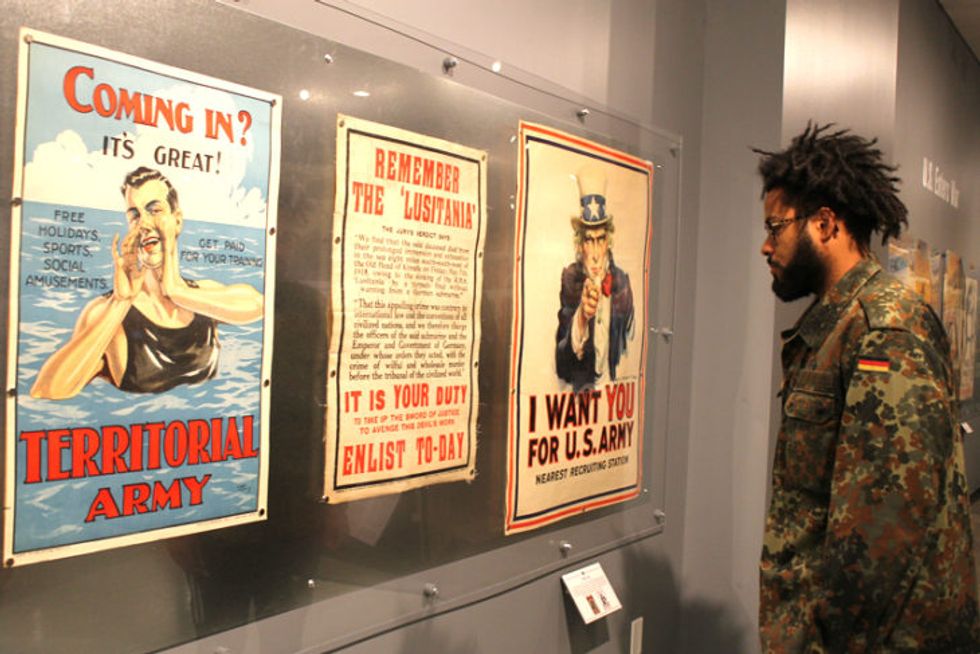Since the opening of the first public library in America by Benjamin Franklin in 1731, libraries have come a long way. They’ve grown to house millions of books across the country and serve as a valuable resource. Still, some are convinced that libraries are a waste of time and money and should be shut down to save on budgets. Some officials only say they are so that they can secure more funds for their own pet projects. Many library branches have been closed for just these reasons, and others tend to be underfunded for similar reasons. I cannot stress enough how much of a mistake this is.
The books themselves are obviously pretty important to libraries. Everyone knows this is what they are primarily for. What people might not realize is the number of other valuable services that libraries offer to the public completely for free. For those without Internet access, libraries have computer labs for people to use during operating hours. Anything from research to checking emails can be done by anyone with access to a library, even if they can’t afford a computer of their own which has only become more vital as more of life’s resources become digitized.
Open programs are also important to libraries, and are growing in importance as libraries increasingly take on the role of community centers. Speakers come in and give talks to inform others on various topics and intellectually stimulating activities are hosted for patrons young and old. Science exhibits inform them about the wonders of the world and show how we have developed technologically as a society. History exhibits present rare firsthand resources to patrons like journal entries and war memorabilia to teach about past conflicts in history and ensure that they are not repeated.
And this is barely scratching the surface. I only have 500 words to explain this to you, but the amount that libraries do for communities is staggering. It couldn't possibly all fit in this article alone. Because of this, I encourage you to visit your own local library and see for yourself. Ask a librarian what is available to you and learn about what kinds of tools and services are at your fingertips so that you may come to understand why the lack of funding for them is a modern tragedy, and support the recovery of these institutions whenever possible. It sounds cliched, but knowledge really is power, and there's an abundance of both at your nearest library. You simply need to choose to make use of it.





















